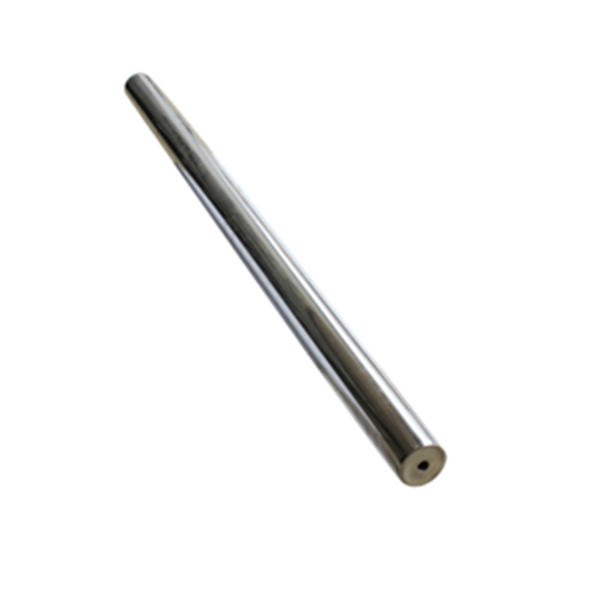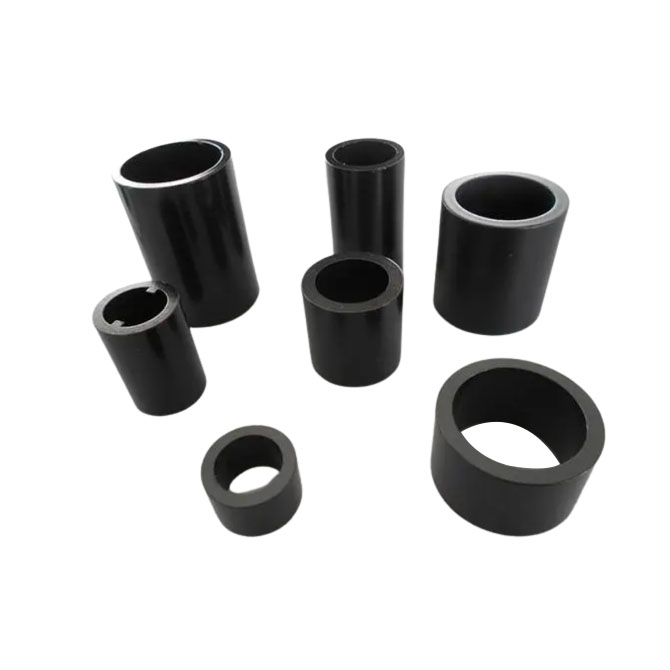EL PASO, Texas (Sept. 11, 2023) — Quantum computing has the potential to revolutionize the world, allowing massive health and science computation problems to be solved exponentially faster than by classic computing. But quantum computers have a big drawback – they can only operate in subzero temperatures.
“In order to make quantum computers work, we cannot use them at room temperature,” said Ahmed El-Gendy, Ph.D., an associate professor of physics at The University of Texas at El Paso. “That means we will need to cool the computers and cool all the materials, which is very expensive.” Neodymium Magnets With Holes

Now, physicists at The University of Texas at El Paso believe they have made a quantum leap in that regard. Led by El-Gendy, the team has developed a highly magnetic quantum computing material — 100 times more magnetic than pure iron — that functions at regular temperature. The material is described in the summer issue of the journal Applied Physics Letters.
Magnets are used in many modern applications, including smartphones, vehicles and solid state drives — where computers’ information is stored. In quantum computers, magnets are used to enhance speed, said Ahmed, but their strong magnetic properties only work in low temperature. (Quantum computers, in fact, are currently kept at the cool temperature of -459 degrees Fahrenheit, right above absolute zero.)
Since 2019, the UTEP team has worked to create entirely new magnetic materials for quantum computing. In addition to operating in regular temperatures, the team has focused on magnets that are not made from rare Earth materials.
“All magnets are currently made from rare Earth materials, and we have a shortage of them,” El-Gendy said. “We’re going to face a problem soon of not having these materials to make magnets for any industry. Imagine if we get to that point.”
After several years of trial and error, the team’s efforts paid off. The final winner was a mixture of materials known aminoferrocene and graphene — and to El-Gendy’s surprise, the material demonstrates extremely powerful magnetism.
“I was really doubting its magnetism, but our results show clearly superparamagnetic behavior,” he said. “No one has prepared a material like this before. I think we could go make a quantum computer at room temperature with this.”
But much work remains. The material was difficult to make and the team is now trying to optimize the preparation process and continue improving the material’s effectiveness. They are also seeking collaborators who work in quantum computing.
Additional authors on the study are UTEP Postdoctoral Researcher Yohannes Getahun, Ph.D.; Professor of Physics Felicia Manciu, Ph.D., and Chair and Professor of Physics Mark Pederson, Ph.D.
About The University of Texas at El Paso
The University of Texas at El Paso is America’s leading Hispanic-serving university. Located at the westernmost tip of Texas, where three states and two countries converge along the Rio Grande, 84% of our more than 24,000 students are Hispanic, and half are the first in their families to go to college. UTEP offers 171 bachelor’s, master’s and doctoral degree programs at the only open-access, top-tier research university in America.
Last Updated on September 11, 2023 at 12:00 AM | Originally published September 11, 2023

Neodymium Magnet Properties By MC Staff UTEP Marketing and Communications